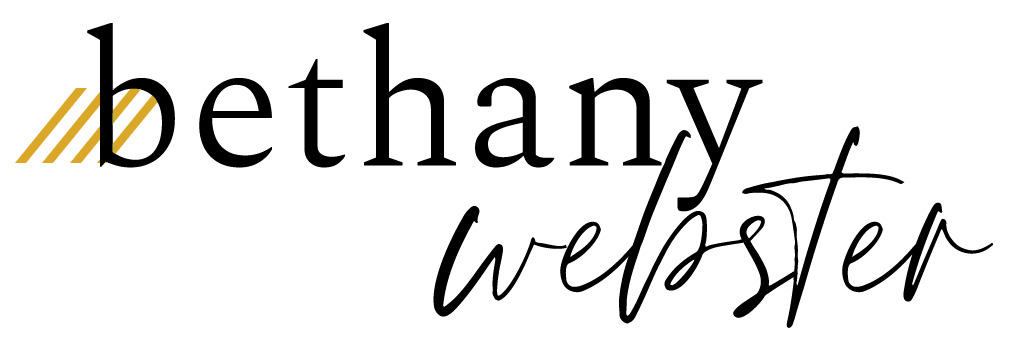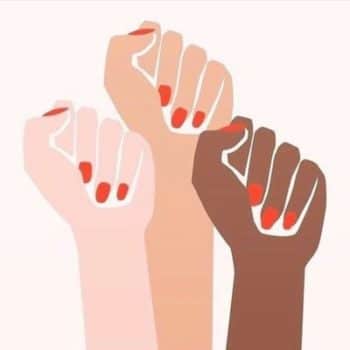Setting Boundaries is Essential to your Empowerment

There is so much to say about boundaries and how foundational they are for our sense of self. In this post, I’ll focus mainly on the relationship between our self-worth and our ability to set healthy boundaries effectively.
Without firm boundaries, we can easily become “merged” or enmeshed with others, causing us to emotionally caretake, be overly responsible, or neglect our own needs. When boundaries are too rigid we isolate ourselves and push others away.
Setting Boundaries in Relationships
Healthy boundaries are “selectively permeable.” They are not too rigid nor too loose (not extreme). Rather, they are flexible and can be opened or firm when needed, much like a healthy cell.
Boundaries are related to our early attachment needs as children. They pose the question: ‘Where do I end and where do you begin?’ All of us started out in life as a “we” when we were infants bonded with our mothers. Being securely attached to our mothers helped us internalize this sense of security and helped us to form our own healthy, separate sense of self. If we were not securely attached to our mothers, we may have developed a background sense of inner insecurity and on a subconscious level, we may still be looking for this security from other people as adults.
On one side of the spectrum, this can cause us to have very weak boundaries, letting in anyone who remotely relates to us with care and affection, being too trusting, or having a very high tolerance for poor treatment from others. Weak boundaries can open us up to being taken advantage of by others and can cause us to be on an emotional roller coaster, because our sense of security is not yet fully anchored within ourselves.
Confidence and Feeling Safe in your own Skin
An important step in developing healthy boundaries is learning that no outer person can provide the inner safety that you need; the time for that is only in early childhood and that time is over. However, as adults we can mourn that lost opportunity and develop inner safety within.
Knowing ourselves as individuals is essential to true intimacy and connection. As we fine-tune our self-awareness, we can know more fully our own needs, desires and preferences. Taking the time and space for your inner work is an important form of self-care and it reinforces a deep sense of integrity.
It’s a paradox that the more centered and grounded we are in our own inner sense of self, the better partners and friends we are able to become.
The old paradigm: Compliance with others = Acceptance from others
You are the expert on You. It’s OK to be yourself, to have differing needs and preferences than those around you. This may seem obvious, but we’re surrounded with the images of desirable females being the most yielding and most willing to be dominated. These messages remain in our subconscious until we actively dismantle them. Have you ever caught yourself having a background thought that surprised you? This happened to me when I ran into some friends I hadn’t seen in a while and had gained a few pounds. I noticed an impulse to say something like “I haven’t been to the gym in a while. I’ve been so busy lately.” I was disturbed by this impulse to apologize for and provide a narrative for others about changes in my own body. Noticing this impulse was very informative on the power of unconscious messages and how they can emerge into our daily lives even though we don’t consciously agree with them.
What you say No to determines the success of what you say Yes to.
Our boundaries determine what we say yes and no to. Learning how to say No is a skill and an art. Before asserting a boundary, it’s important to take the time we need to process emotions like rage and fear that may be initially present so that we come from our highest integrity in the exchange. Anytime we can communicate a clear and clean “No” devoid of bitterness or negativity, we are demonstrating a high-level of self-worth.
Sometimes loving someone involves affirming your separateness, not your sameness.
We give our power away when we accept the shame that others project onto us because of their own unprocessed pain. We serve others, not by accepting their pain as our own, but by highlighting their ability to make new choices. Don’t feel obligated to absorb pain that isn’t yours.
Healthy boundaries: Sovereignty of Self
Shame is a toxic emotion instilled in us from childhood that causes us to soften our will, to feel less sure of ourselves, less powerful and thus more compliant to the wishes of others. When we set firm, healthy boundaries we are reclaiming ourselves from the toxic shame we may have experienced in childhood and asserting our sovereignty as individuals with the power and right to define who we are, and what we will or will not allow into the sacred space of ourselves.
For others, being in your life is a privilege… not a right
As we continue to realize our true worth, we are less willing to tolerate the people, circumstances and situations in our lives that do not reflect our worth and self-respect. No one has a right to be in your world; nor is anyone entitled to your time. If people want to have the privilege of being in your life, it must be earned by treating you with consideration and respect. As you emerge into greater self-worth and set new boundaries, the people who may have felt entitled to a place in your life may protest or object, unconsciously seeking to instill a sense of guilt or obligation in you, perhaps calling you ungrateful or selfish for holding your boundaries firm.
Do you give your power away and acquiesce to their demands? Or do you respectfully communicate your boundaries even in the face of their disapproval? How you respond to that is a reflection of your self-worth.
Healing the “good girl” syndrome
As little girls we were rewarded for being relational, compliant, quiet and invisible. The covert message is that you don’t deserve to have ownership of yourself. Messages about the primacy of appearance and sex-appeal also communicate that “Your body is not your own. It exists for the pleasure of others.” These early cultural and familial messages may have caused us to develop, to some degree, a false self. This false self helped us gain acceptance from others but at the cost of our own authentic needs and desires.
Maturity involves shedding the false self and discovering our authentic self—separating out our true needs and wants from the fake ones we took on in order to survive.
In the process of discovering our true, authentic needs and desires things may change in our lives which can be very challenging, but ultimately the changes will bring new forms in our lives that reflect who we really are. People in our lives who have been used to us being compliant, submissive or docile may be surprised or feel inconvenienced when we assert our boundaries.
A Quote from Eve Ensler:
“To be a strong woman, to be a fierce woman, to be a true woman, to be a leader, to be truly powerful, you have to get to place where you can tolerate people not liking you. And know that when you actually do that, you have to fall back on your own moral imperative in your own moral trunk and say, ‘I don’t care, this is what I believe. This is who I am.’”
You are your own treasure. You belong to You.
Having healthy boundaries involves being connected to your worth, being anchored to your own center of truth, and being willing to communicate with those around you authentically. It’s a skill that can be learned, practiced and refined over time. When starting out it may seem scary but each time it gets easier and more empowering. Over time, we start attracting more and more people that that are willing to respect our new, healthy boundaries. The ones who are unwilling to do so will pass out of your life.
When we have healthy boundaries, we feel increasingly safe and supported within ourselves and we also become more effective at everything we do.
Questions to contemplate on boundaries:
- In what ways am I giving myself away?
- What am I taking in that I should be refusing?
- In what ways was I rewarded for having weak boundaries as a child?
- What are some current opportunities in my life to start setting healthy boundaries?
- What do I need to say No to, so that I can more effectively live out my “Yes” to the things I truly desire?
- Part of having healthy boundaries is respecting those of others. Are there any ways I am violating the boundaries of others?
Art credit: Aneta Ivanova




